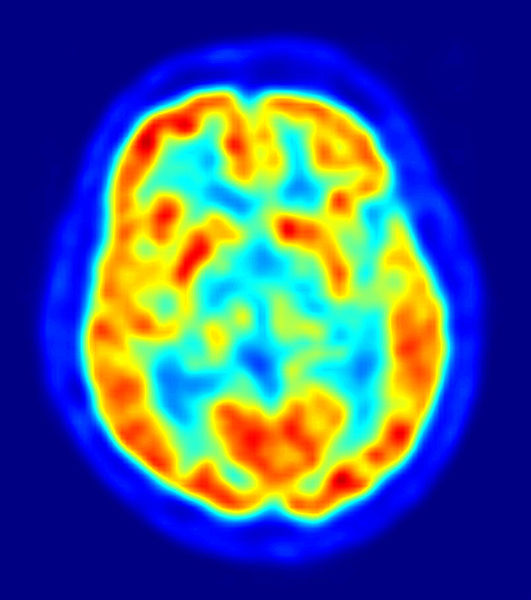As promised, I’m writing a bit more to summarize the fascinating Leonard Sweet event at Evangelical Seminary this week. (Here’s the first one in the series.)
Dr Sweet had some interesting things to say about the legacy and effect of the Protestant Reformation which he calls “The 2nd Wave of Christianity”.
Wave 1: Catholicism (which is still growing in the global East and South).
Wave 2: Protestantism (which is in decline everywhere in the world and got its start by saying “no”.) It seems there is a shelf life to this version of Christianity. More on that in a second.
Wave 3: Pentecostalism (which is flourishing in the global East and South. Other Christian traditions are being influenced by its effect too.)
Sweet says that Pentecostalism is considered something other than Protestantism because it more fully integrates the Third Person of the Trinity (the Spirit) and perceives God as active and engaged in everyday life unlike previous versions of Christianity have done. He said that we in the West are slow to realize this seismic shift because we’ve been focused on Liberation Theology. L.T. accounted for the poor and was in essence created for the poor, but the poor didn’t pick it; instead they picked Pentecostalism.
In the West, we are in a post-Christian era. The “big-box churches” have put an end to most of the “mom & pop” churches, but mainly a reshuffling of Christians is occurring–not an increase of new devotees to Christianity. Sweet mentioned that on the West coast in the U.S. things have moved beyond simply disparaging Christians to open hostility. This promises to be the norm throughout U.S. culture, he says.
Why the “shelf-life” for Protestantism?
Protestantism was birthed just as a technological revolution hit. The moveable type of the Gutenberg printing press was one such breakthrough and Protesters of Catholicism used this technology along with their reforming ideas and desire to make the Bible available for everyone to create a major shift in how Christianity was practiced. According to Sweet, no invention was more anti-social and individualistic than the mass-produced book (you take a book and go off by yourself and absorb it). It seems, no worldview had been so individualistic until that time either (my note).
What happened soon because of that shift was the over-emphasis on the left-brain. “The Tyranny of the Left Brain”
And my what a power it’s had!
What was left behind? Mainly the arts, story using image, memories, relationships, emotional expression and recognition, intuition, creativity and a “whole person” view of Christian (body+mind+spirit).
What was favored? Reasoning, thinking, dissecting, apologetics/critical thinking, and textual language. Sometimes the right brain qualities weren’t just ignored, sometimes they were even despised. Whole sects of Christians took down art and have kept places of worship plain and non visual (More on left and right brain here). Logical left brain thinkers are often thought of as smarter even in our culture today, but it is the right side of the brain were some of the most meaningful things occur. And the combination of the hemispheres in balance makes us most fully alive.
We need both sides of our brain to be fully human.
Now something bigger than Gutenberg as come along: Google. All the information of the world is there for the taking, and the visual is back! Story is back again (and this is the format Jesus used too.) Word-heavy presentations are on the decline as many marketers have already noticed the shift and accounted for it (see ad below). Now we have interconnection of the internet and it’s been supercharged more recently by a new technological revolution even more significant than the internet: social media. (Apparently without Facebook the revolutions and movement toward democracy in the Middle East and in other important parts of the world wouldn’t have happened. So, yeah, it’s a big deal because it makes news and ideas travel so quickly.)
Social Media promises something we’ve been missing out on the interconnectedness. But, it cannot deliver fully on it’s promise, because face-to-face relationships are so transforming and vital. The internet and social media start to give us what we as humans crave, but a formidable wall persists that only the messiness of in-person interaction offers.
The shift is here and people are looking for a more holistic (whole) way of perceiving the world. Narratives, metaphors, image, story, and emotion are rushing back into the forefront and the it’s not a trend. It’s the new way the world works.
Future post: In the next post I’ll wrap up and focus on the “power of image” which includes metaphor, symbolism, and the affective powers of the brain and mind. Does Protestantism have a fighting chance?
If you liked this, will you please share it?
Would you like to know when next post goes live? Sign up in the sidebar for an update. See you soon.
See how the narrative doesn’t need words much anymore?
[sq_pop_shortcode popup_id=”6704552″ appear_position=”pop_top_right” appear_behavior=”pop_on_exit” appear_behavior=”pop_on_exit” background_color=”pop_bg_transparent” display_area=”pop_display_particular” background_cover=”pop_cover_no” frequency=”once” delay=”0″ ]








